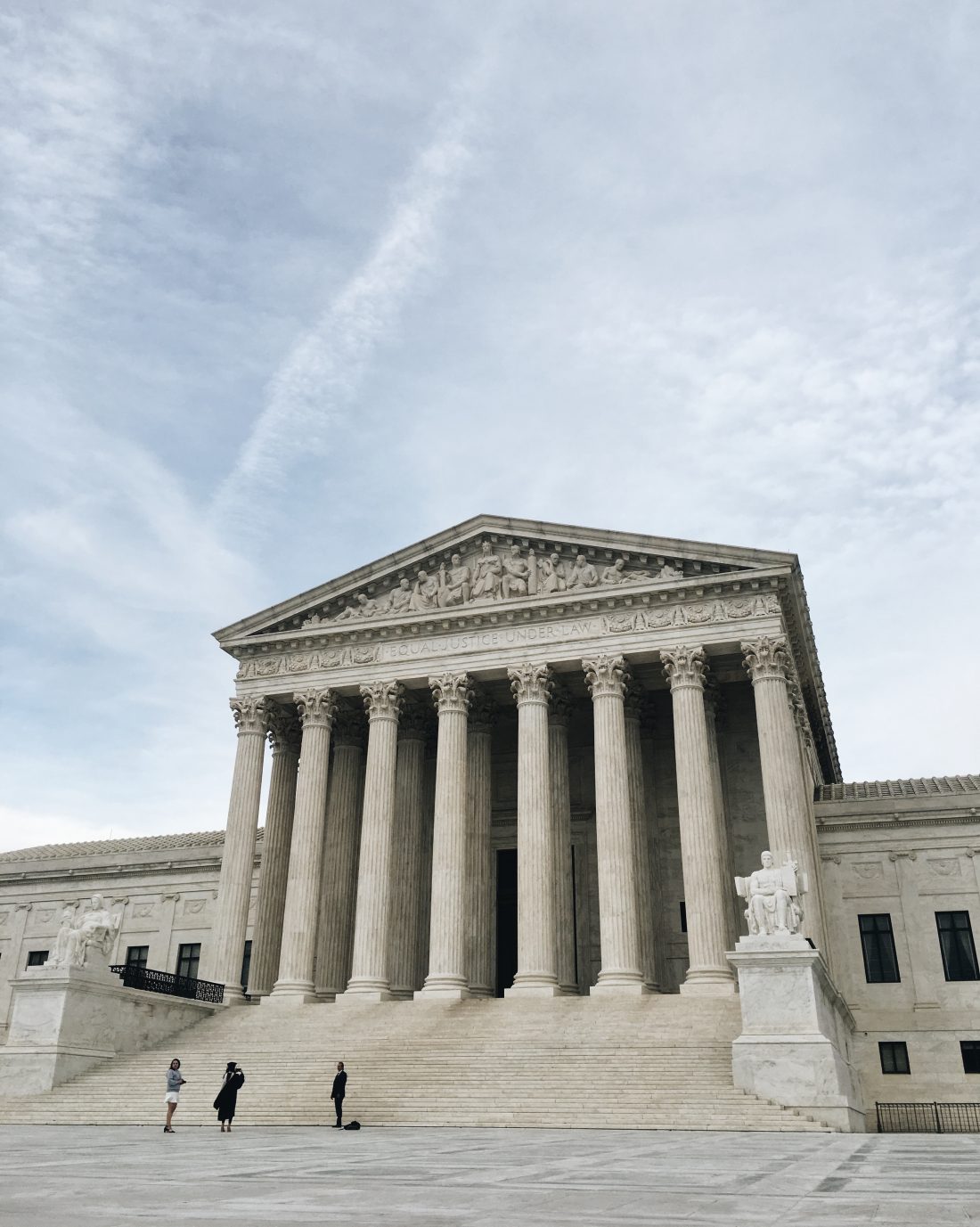What Is Considered a Criminal Record?
What Is Considered a Criminal Record?
If you’ve ever had a background check, then you’re familiar with a criminal record. These records keep a detailed list of any crimes you’ve ever been charged with, and a record can largely influence your success rate in finding a job, getting insurance and many other things.
In the United States, criminal records follow people for life. Unfortunately, the US is the country with the world’s largest incarcerated population. Criminal records can help law enforcement solve crimes, but they can also help employers learn about an applicant’s criminal history and their background.
There is controversy surrounding the use of criminal records in the employment process due to bias, but for the most part, these records serve as a means of protection and proactivity for others.
What Goes on a Criminal Record?
Any arrest or criminal conviction is placed on a criminal record. Although it may seem like the worst thing imaginable, you don’t have to feel alone if you have one. One in 15 Americans has been arrested before. An arrest does not always mean you committed a crime; people have been arrested for being in the wrong place at the wrong time, or they may have been arrested but never faced a criminal conviction.
In general, a criminal record will contain personally identifying information such as your name, date of birth, other names you go by, a general description of your physical appearance including any notable markers such as tattoos or birthmarks, mug shots, and fingerprints.
There will also be an overview of any arrests or crimes you’ve been charged with, if you’ve ever served time in jail or prison, the dates of your sentence and the reason behind them will be noted as well.
Can You Get Rid of a Criminal Record?
There is a legal process in which a person can request to have their entire criminal file “closed,” or inaccessible to people outside of high-ranking government officials or law enforcement. If you request to have your criminal record expunged, you must go through a court process that evaluates the extent of your record, the nature of the crimes within it and your legal activity following these crimes, i.e. whether you’ve repeated offenses or committed other crimes.
